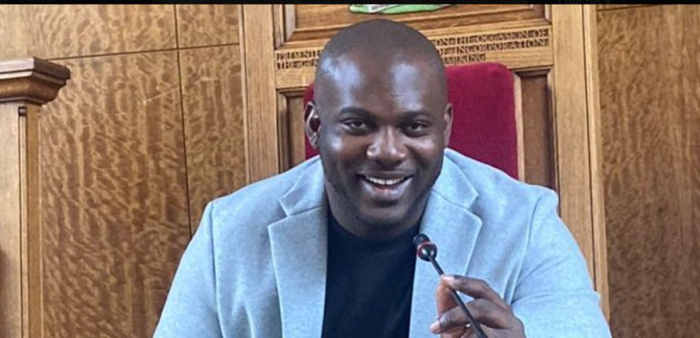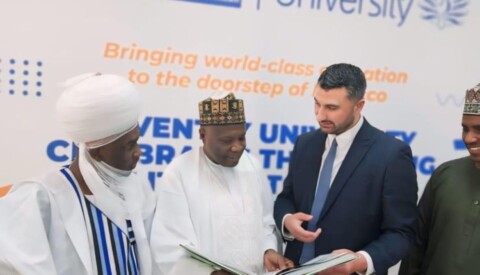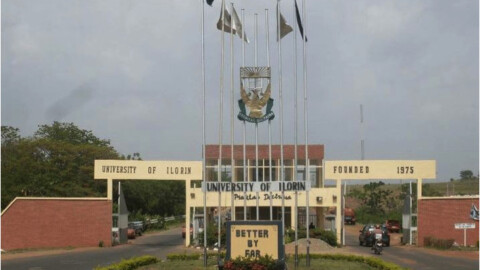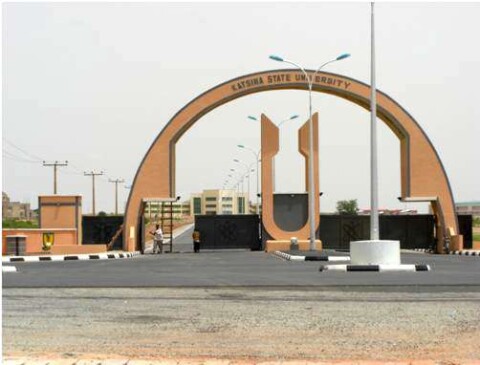Alex Onyia, CEO of Educare and a prominent education advocate, has proposed sweeping reforms to Nigeria’s education system, calling for higher academic standards and improved compensation for teachers.
In a series of posts on X (formerly Twitter) on Monday, Onyia suggested that teachers should hold at least a master’s degree and earn a minimum starting salary of ₦400,000 per month. He also recommended that teachers should graduate with a second-class upper division (2:1) in their first degree.
“Being a teacher should be something of great pride, and the academic standards should be very high,” Onyia said. “If I were the one in charge, I would do this.”
Citing Finland as a model, where primary and secondary school teachers are required to hold master’s degrees and are well-paid, Onyia argued that similar reforms could elevate the quality of education in Nigeria.
He revised his earlier proposal of a ₦300,000 starting salary, raising it to ₦400,000, and added that teachers should be provided with cars, to be paid off gradually. Onyia also recommended mandatory license renewals every two years, linked to continuous professional development and certification exams.
“The best should train the coming generations,” he said, expressing confidence that such measures could transform the country’s education system within a year.
Onyia’s proposals have sparked widespread debate online, drawing both support and criticism.
Some, like X user Ikenna, argued that a bachelor’s degree should suffice for primary and secondary teaching. “It’s not about the class of degree,” he said. Similarly, Mikail warned that such high standards could disqualify over half of Nigeria’s existing schools, though he acknowledged that raising benchmarks could improve quality.
Others supported the call for higher standards but urged flexibility. “I think it should be a degree in education or, if you’re from another field, you should do a one-year PGD in education,” said J. Opara, who also recommended mortgage and car loans, subsidised healthcare, and opportunities for foreign training with service bonds.
Kolawole stressed that teaching ability, rather than academic grades alone, should be prioritized. “Minimum requirement should be a proven ability to actually impart knowledge… not just good BSc and PG grades,” he said.
Concerns about implementation—particularly in rural and underserved areas—also surfaced. Holly Aboh questioned how such reforms could be applied in remote parts of Niger State, while Georgevin Jr. warned that the policy could make education “more inaccessible.”
Some contributors called for broader reforms. @MsIfyAmana advocated for curriculum updates and better funding for teacher training, while Chyko argued that “passion trumps certificates every day, twice on Sunday.” Meanwhile, Adégòkè suggested that focused B.Ed programs should be strengthened and added: “₦300k/month for teachers with master’s degrees? The pay should reflect the value they bring.”
Despite the mixed reactions, Onyia remained optimistic. “Within a year, Nigeria’s education will be transformed,” he reiterated.





